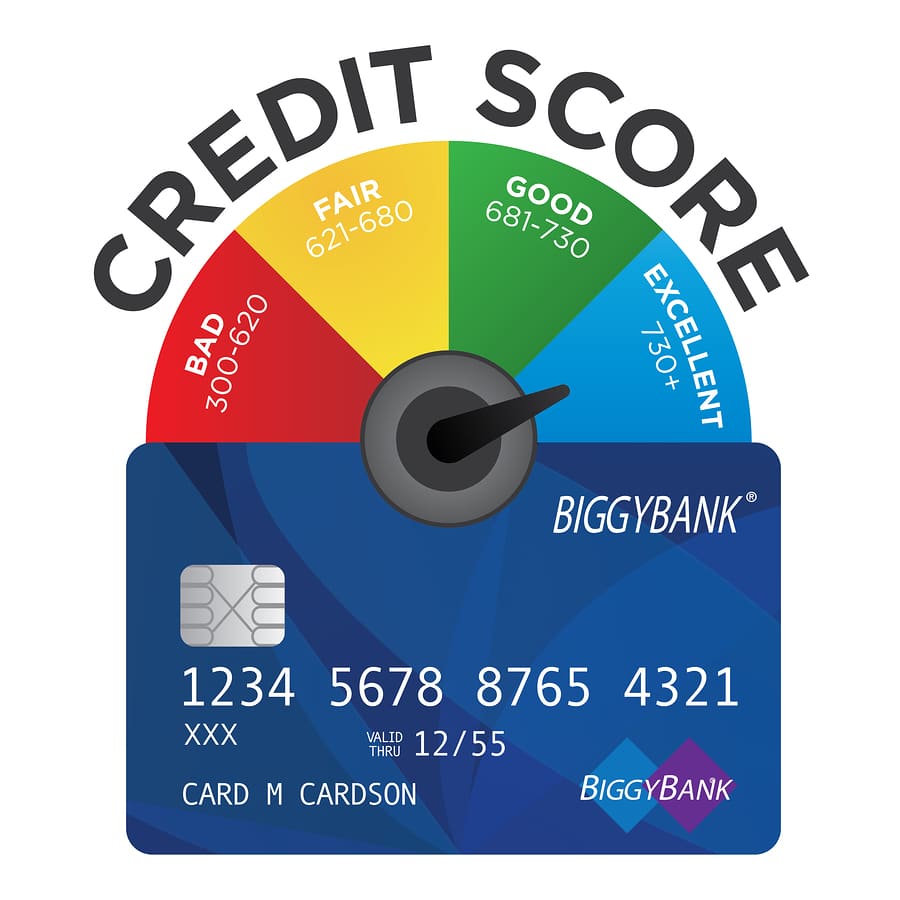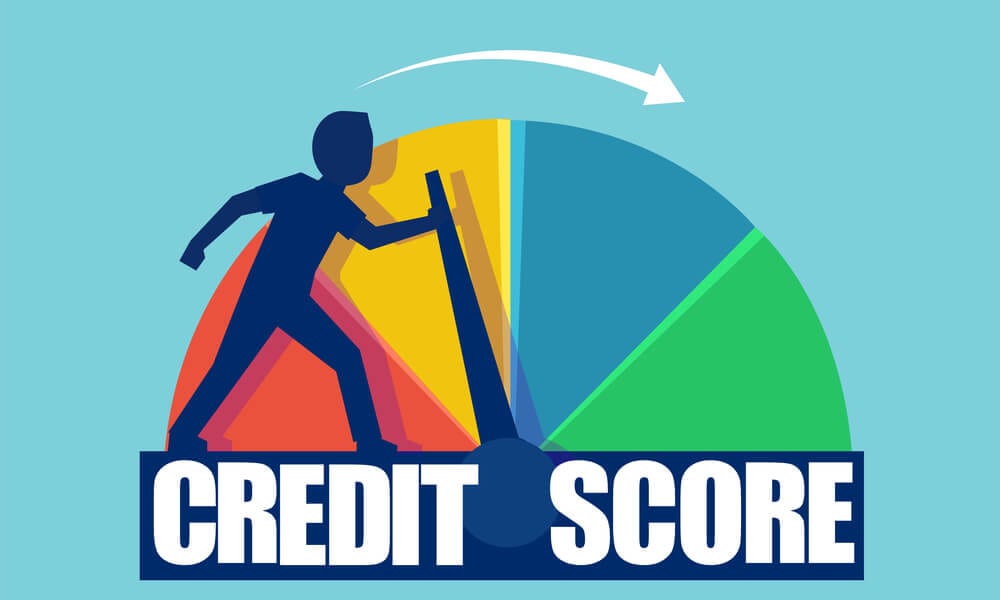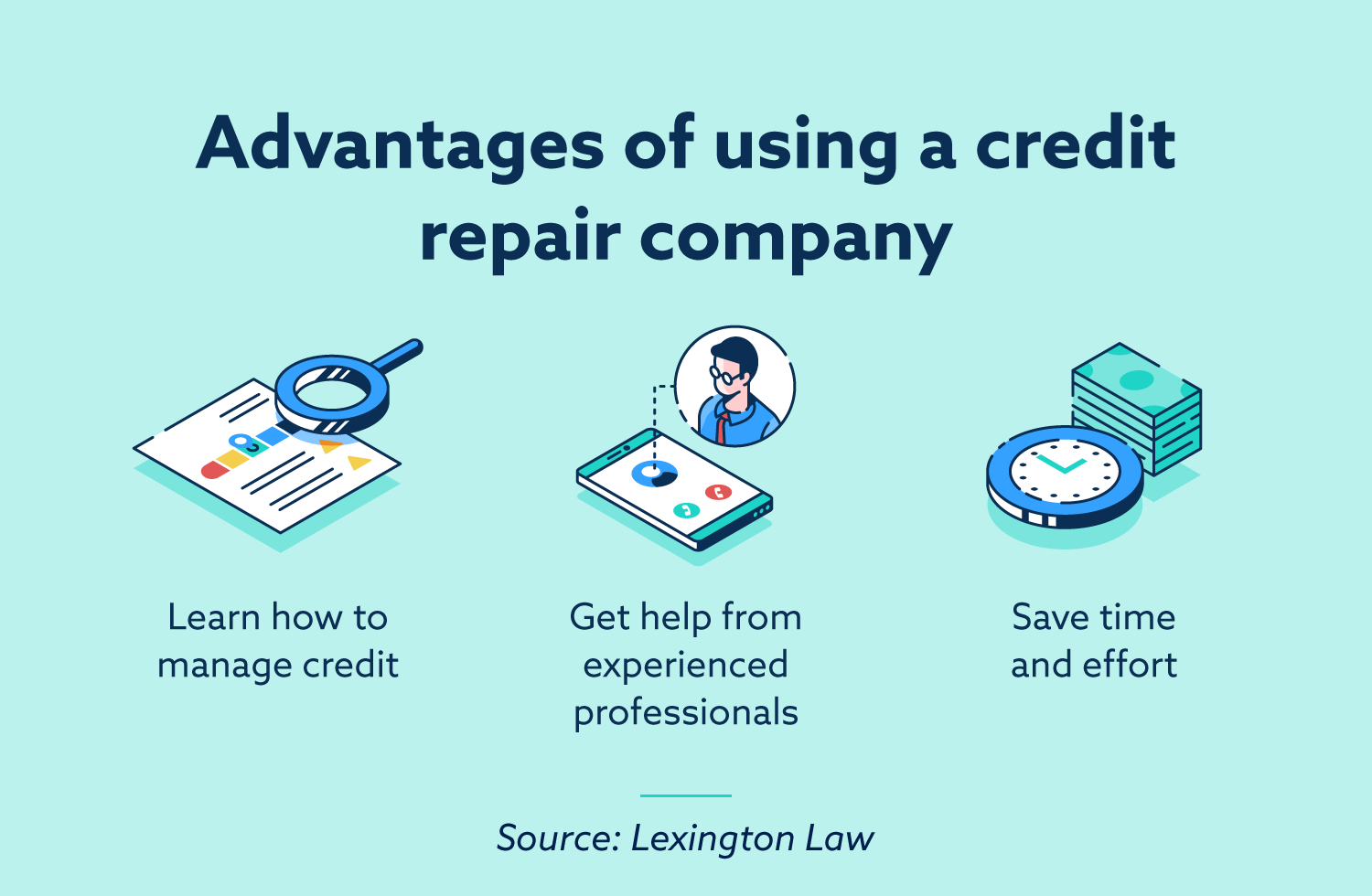Comprehending Just How Credit History Repair Service Functions to Boost Your Financial Wellness
The process incorporates identifying mistakes in credit report reports, challenging inaccuracies with credit bureaus, and bargaining with lenders to resolve impressive debts. The inquiry remains: what specific methods can individuals use to not only rectify their debt standing however likewise ensure enduring financial security?
What Is Credit Scores Repair Work?
Credit history repair describes the process of boosting an individual's creditworthiness by dealing with inaccuracies on their credit rating report, discussing financial obligations, and embracing far better economic practices. This multifaceted strategy intends to boost a person's credit report, which is a critical element in protecting finances, charge card, and positive interest rates.
The credit score fixing process usually starts with a thorough evaluation of the individual's credit scores report, enabling the recognition of any type of inconsistencies or mistakes. When inaccuracies are determined, the specific or a credit history repair work specialist can initiate conflicts with credit rating bureaus to correct these concerns. Additionally, discussing with lenders to work out exceptional financial debts can additionally improve one's economic standing.
Moreover, adopting sensible financial techniques, such as timely costs repayments, reducing debt use, and maintaining a varied credit history mix, adds to a much healthier credit history account. In general, credit rating fixing acts as an important approach for individuals looking for to restore control over their financial health and wellness and secure better loaning chances in the future - Credit Repair. By engaging in credit fixing, individuals can pave the means towards accomplishing their financial objectives and improving their general lifestyle
Common Debt Report Errors
Mistakes on credit reports can considerably affect a person's credit history rating, making it vital to comprehend the typical kinds of mistakes that might emerge. One prevalent issue is incorrect personal info, such as misspelled names, incorrect addresses, or inaccurate Social Security numbers. These mistakes can lead to confusion and misreporting of creditworthiness.
Another common error is the reporting of accounts that do not belong to the individual, usually due to identity theft or clerical mistakes. This misallocation can unfairly lower a person's credit history. In addition, late payments may be erroneously videotaped, which can occur as a result of repayment processing errors or wrong coverage by lending institutions.
Credit history restrictions and account balances can additionally be misstated, leading to a distorted sight of a person's credit score usage ratio. Understanding of these typical mistakes is important for effective credit score administration and repair, as resolving them without delay can aid people maintain a healthier monetary profile - Credit Repair.
Actions to Disagreement Inaccuracies
Disputing mistakes on a debt report is an essential procedure that can help restore an individual's credit reliability. The initial step includes getting a current copy of your credit record from all three major credit report bureaus: Experian, TransUnion, and Equifax. like it Review the record meticulously to determine any kind of errors, such as wrong account info, equilibriums, or payment histories.
Next, start the conflict process by calling the relevant credit history bureau. When submitting your disagreement, clearly detail the inaccuracies, supply your evidence, and include individual recognition details.
After the conflict is submitted, the credit score bureau will certainly examine the insurance claim, generally within 30 days. They will certainly connect to the financial institution for confirmation. Upon completion of their examination, the bureau will certainly notify you of the end result. They will certainly remedy the record and send you an updated copy if the disagreement is resolved in your support. Maintaining exact documents throughout this process is crucial for effective resolution and tracking your credit rating health and wellness.
Building a Strong Debt Account
How can individuals properly grow a durable credit scores profile? Developing a strong credit report account is necessary for safeguarding desirable economic possibilities. The structure of a healthy and balanced debt account starts with prompt expense repayments. Regularly paying credit history card expenses, finances, and various other responsibilities in a timely manner is vital, as repayment history considerably impacts credit report.
Additionally, preserving low credit application ratios-- ideally under 30%-- is crucial. This implies maintaining bank card balances well below their restrictions. Branching out credit rating kinds, such as a mix of revolving credit rating (credit cards) and installment loans (vehicle or home mortgage), can also boost credit history accounts.
On a regular basis check my site monitoring credit report reports for errors is equally vital. Individuals must evaluate their credit reports a minimum of annually to determine disparities and contest any kind of errors without delay. Additionally, preventing too much credit history inquiries can stop prospective unfavorable effects on credit report.
Long-term Benefits of Credit Report Fixing

Furthermore, a stronger credit scores profile can promote much better terms for insurance policy premiums and also affect rental applications, making it less complicated to safeguard housing. The psychological benefits need to not be overlooked; individuals who efficiently fix their credit scores typically experience lowered stress More hints and improved self-confidence in managing their financial resources.

Verdict
In verdict, credit fixing offers as an important mechanism for boosting monetary health. By recognizing and contesting inaccuracies in credit rating records, people can remedy errors that adversely impact their credit rating ratings.

The lasting advantages of credit rating fixing expand far beyond just improved credit score ratings; they can dramatically boost a person's general monetary health and wellness.